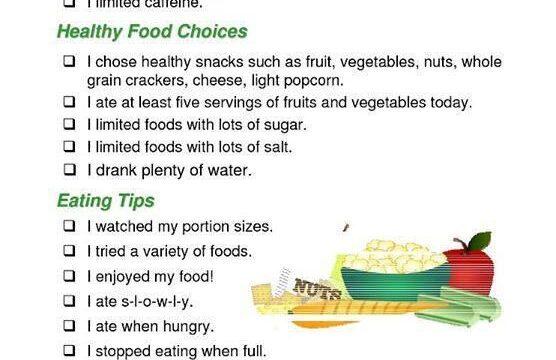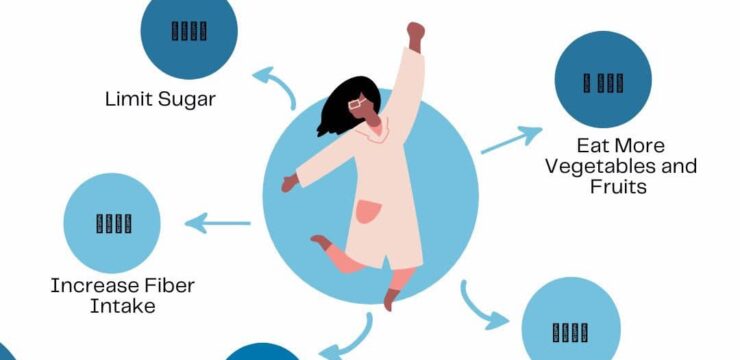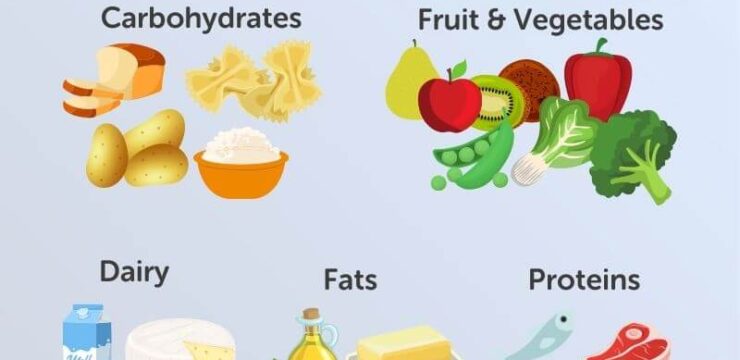Healthy eating often sounds like a beautiful idea that gets lost in the rush of everyday life. Between work, family responsibilities, and unexpected tasks, preparing nourishing meals sometimes feels like it requires more time than anyone has. The good news is that staying on track with nutritious choices does not always mean spending hours in the kitchen. With a few smart strategies, it is possible to enjoy wholesome food without the stress of complicated planning or endless preparation. Time-saving hacks can make healthy eating a natural part of daily life, allowing you to focus on feeling good while still keeping up with a busy schedule.
One of the simplest yet most effective tricks is planning meals in advance. This does not mean creating a strict schedule for every bite of the week, but rather having a general outline that reduces decision fatigue. For example, setting aside a few minutes on Sunday to decide on breakfast, lunch, and dinner options for the week can save countless hours of hesitation later. Having a list of ingredients and meals ready prevents last-minute unhealthy choices and helps reduce food waste. Planning also makes grocery shopping quicker, since you already know what you need.
Batch cooking is another powerful way to save time and still enjoy balanced meals. Preparing larger portions of grains, proteins, and vegetables at once means you can mix and match them throughout the week. Cooking a pot of quinoa, roasting a tray of mixed vegetables, or grilling chicken breasts in one go can provide the foundation for multiple meals. This approach allows for flexibility and creativity without starting from scratch each day. Leftovers can easily be turned into new dishes, such as salads, wraps, or grain bowls, which keeps the menu interesting and prevents boredom.
Freezer-friendly meals are a lifesaver when life gets particularly busy. Instead of ordering fast food on hectic evenings, having ready-to-go healthy dishes in the freezer makes all the difference. Homemade soups, stews, or casseroles can be portioned and stored for later use. Freezing chopped vegetables or cooked beans also speeds up the cooking process when you are short on time. With just a quick reheat, you can enjoy something warm, comforting, and nutritious in minutes.
Prepping ingredients in advance is another strategy that pays off during the week. Washing, chopping, and storing vegetables right after grocery shopping makes it easier to cook later. Having carrots, bell peppers, or cucumbers ready to go can make healthy snacking more convenient than reaching for processed alternatives. Pre-portioned snacks like nuts or fruit slices also save time and encourage better choices when hunger strikes between meals. Even something as simple as pre-cooking hard-boiled eggs can offer a quick protein option for breakfasts, lunches, or snacks.
Kitchen tools can be your best allies in saving time while still preparing wholesome meals. A slow cooker, for example, allows you to add ingredients in the morning and return to a fully cooked dish by evening. An instant pot or pressure cooker can drastically cut down cooking time for beans, stews, and whole grains. A blender makes it easy to whip up smoothies packed with fruits, vegetables, and proteins in just minutes. By relying on these tools, you can create meals that are both healthy and fast without sacrificing flavor.
Smart shopping habits also contribute to time efficiency. Sticking to a shopping list prevents wandering through aisles and helps keep you focused on what you really need. Choosing versatile ingredients that can be used in multiple recipes makes meal preparation more flexible. Items like leafy greens, tomatoes, onions, and whole grains are building blocks that can be adapted into countless dishes. Stocking your pantry with staples such as canned beans, whole wheat pasta, and frozen vegetables ensures that quick and healthy meals are always within reach.
Portioning meals in advance is a simple but effective practice that supports healthy eating throughout the week. Packing lunches or dinners into individual containers makes it easy to grab and go, whether for work, school, or busy days at home. This not only saves time but also helps with mindful eating by encouraging balanced servings. Preparing overnight oats in jars or smoothie packs in freezer bags ensures that nutritious breakfasts are always available without extra morning effort.
Another helpful habit is simplifying recipes. Sometimes the idea of cooking becomes overwhelming because recipes look complicated. Focusing on meals with just a handful of wholesome ingredients can be just as satisfying. For instance, a stir-fry with vegetables, tofu, and brown rice is quick, balanced, and delicious. Salads topped with beans, nuts, and a homemade dressing can be prepared in minutes. By embracing simplicity, you not only save time but also discover how enjoyable healthy eating can be without unnecessary stress.
Healthy eating also becomes easier when you embrace variety. Rotating ingredients and experimenting with new flavors can keep meals exciting while still being simple to prepare. Trying different herbs, spices, or sauces can transform basic ingredients into something fresh and appealing. This approach encourages creativity and prevents meals from becoming repetitive, which helps maintain long-term consistency in your eating habits.
Finally, it is important to approach time-saving hacks with a flexible mindset. Perfection is not the goal, and small adjustments can make a big difference over time. Even preparing just one extra meal in advance each week can reduce stress and open up more time for other priorities. The goal is to create a lifestyle where healthy eating feels natural, sustainable, and enjoyable rather than a chore. By combining a little planning, some preparation, and the right tools, you can build a routine that supports both your health and your busy schedule.






